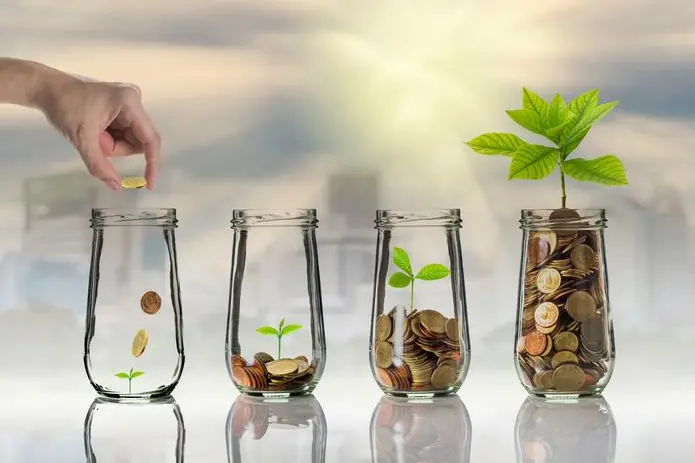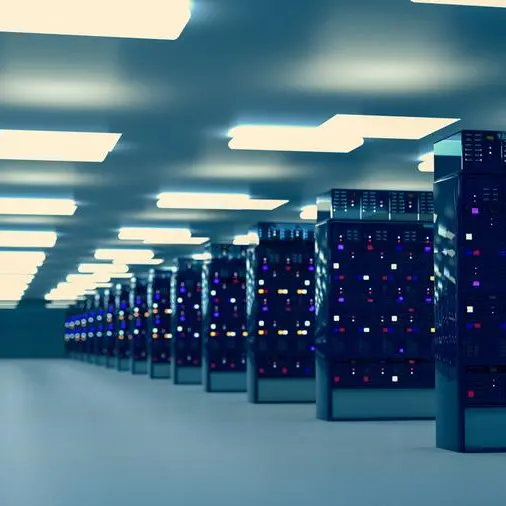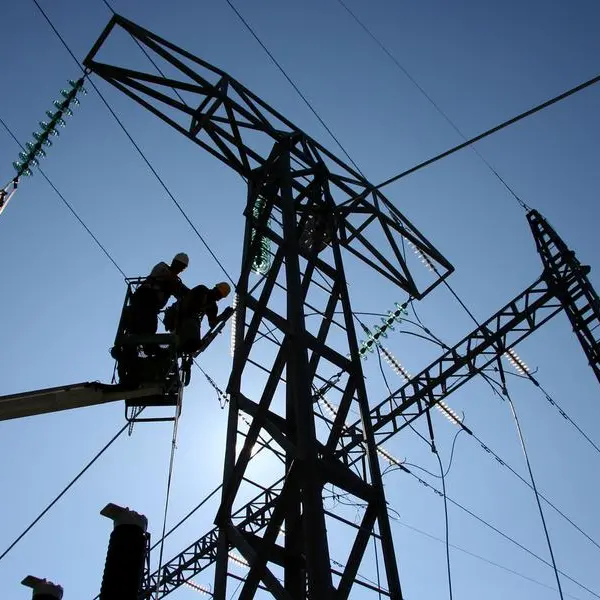PHOTO
UAE - The UAE has invested over $40 billion in clean energy over the last 15 years, with plans to invest $160 billion in clean and renewable energy sources over the next 30 years on the road to net-zero, speakers at an experts’ dialogue session told participants at the World Economic Forum (WEF) in Davos.
The WEF hosted the expert dialogue titled “Transitioning to a green Middle East,” on the collaborative action Middle East leaders must take to navigate between net-zero ambitions and socioeconomic realities.
The dialogue came at a critical time, with the next two United Nations Climate Change Conferences, COP27 and COP28, both set to be hosted in the region, by Egypt and the UAE, respectively.
The session convened leaders in government and business to share their insights on the path to a more resilient and sustainable future. Participants included Minister of Economy of the UAE Abdulla bin Touq Al Marri; Minister of Economy and Planning of Saudi Arabia Faisal Alibrahim; chief executive officer (CEO) of Crescent Enterprises, Badr Jafar; CEO of Qatar Financial Centre Yousuf Mohamed Al Jaida; and associate professor of Molecular Biology at Sultan Qaboos University Lamya Al Haj.
Session participants underscored a shared sentiment that mobilising climate action in the region will require a localised, multi-stakeholder approach. Optimistically, government, business, and civil society-led initiatives are on the rise in the region, with a notable growth in the capital, time, and talent invested in the infrastructure needed to progress.
“Energy security is a high priority. And it’s something we need to really understand. The fragmentation that’s happening globally, and energy supplies, will really affect the aspects of energy going forward. With that, the UAE has a long-term plan,” remarked Minister Al Marri.
“The creation of the company Masdar, the implementation of solar panels, and global projects helping the world to diversify their energy supply, all show the UAE’s investment in future energy security. The investment in diversifying energy aspects is important and vital for any future development of the region,” said Al Marri.
Badr Jafar of Crescent Enterprises cited the UAE’s landmark Net Zero Pledge and related strategy of going net-zero by 2050 as a great example of the practical and conducive policy.
“This is all achievable with smart energy policy, as opposed to politicised rhetoric. The UAE’s Net Zero Pledge and related strategy of going net-zero by 2050 is a great example of a practical and conducive policy that relies on a mix of renewables, natural gas, hydrogen, and nuclear in order to ensure affordable, accessible and acceptable energy is available to meet the growing demands of industry and our population,” said Jafar.
“A green, resilient, inclusive approach to development can usher in a new model of growth for Mena, creating jobs while delivering the benefits of climate resilience, decarbonisation, cleaner air and water, healthier oceans, and sustainable food and agricultural systems,” he added.
Experts pointed out that the Middle East and North Africa is one of the most climate-vulnerable regions, with the destructive impact of climate change becoming increasingly evident in the shape of droughts, water scarcity, and elevated pollution levels.
“Despite this, the region is regarded as well-positioned to become a leader in renewable energy and in green and blue hydrogen. And while oil and gas will continue to play a significant role in the regional energy landscape, the region has witnessed the promising emergence of a new, more circular economy. Regional leaders are at a crucial crossroads as they foster more sustainable economies, while addressing the implications of the energy transition,” experts said at the session.
Copyright © 2022 Khaleej Times. All Rights Reserved. Provided by SyndiGate Media Inc. (Syndigate.info).





















